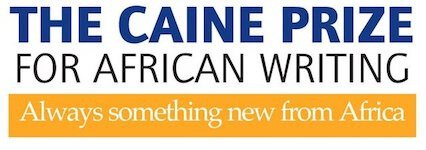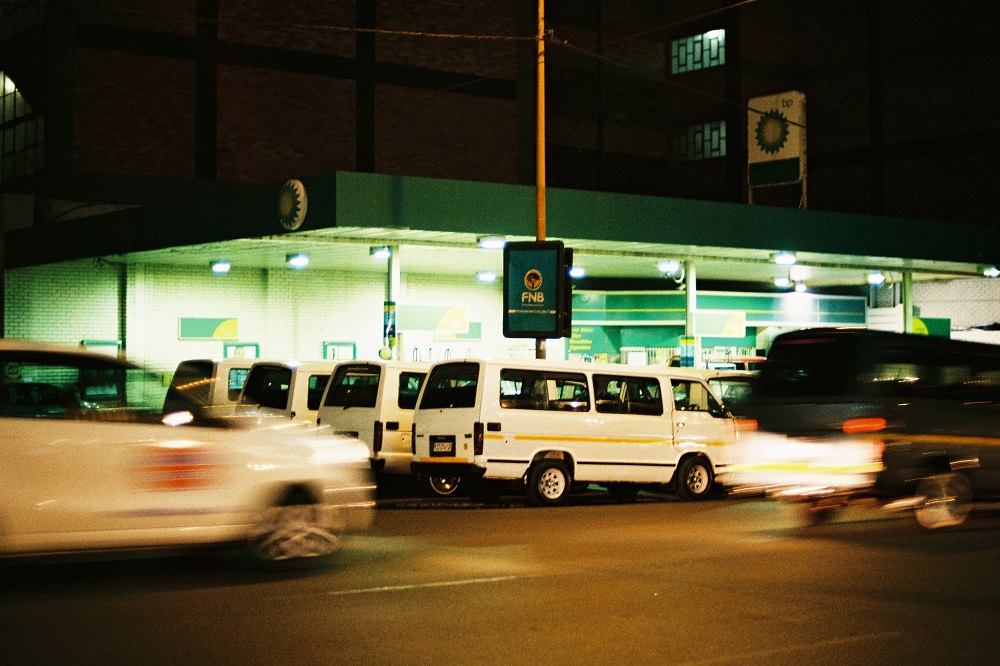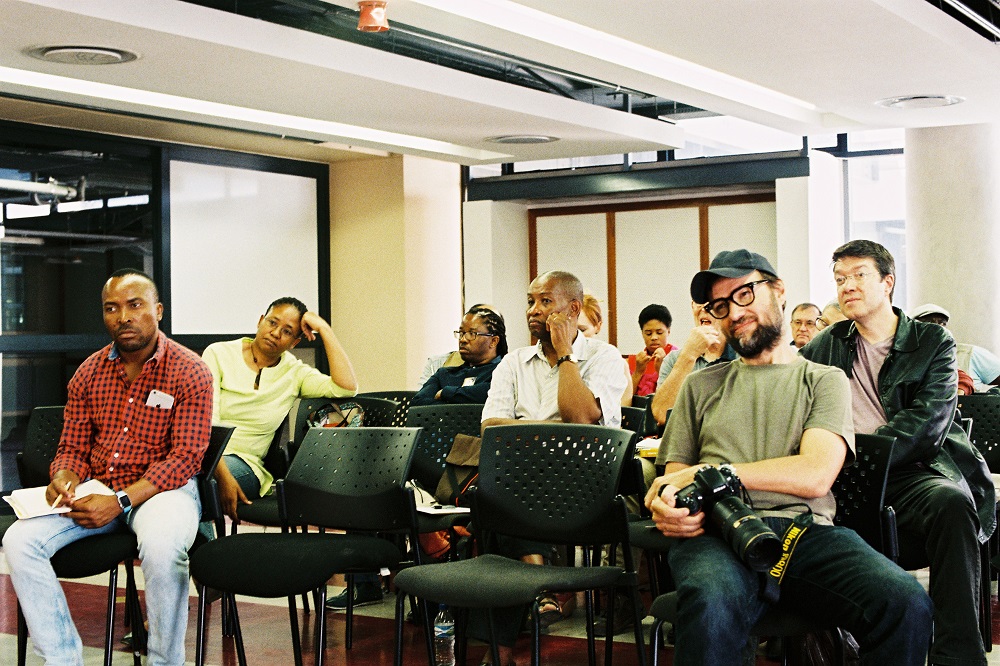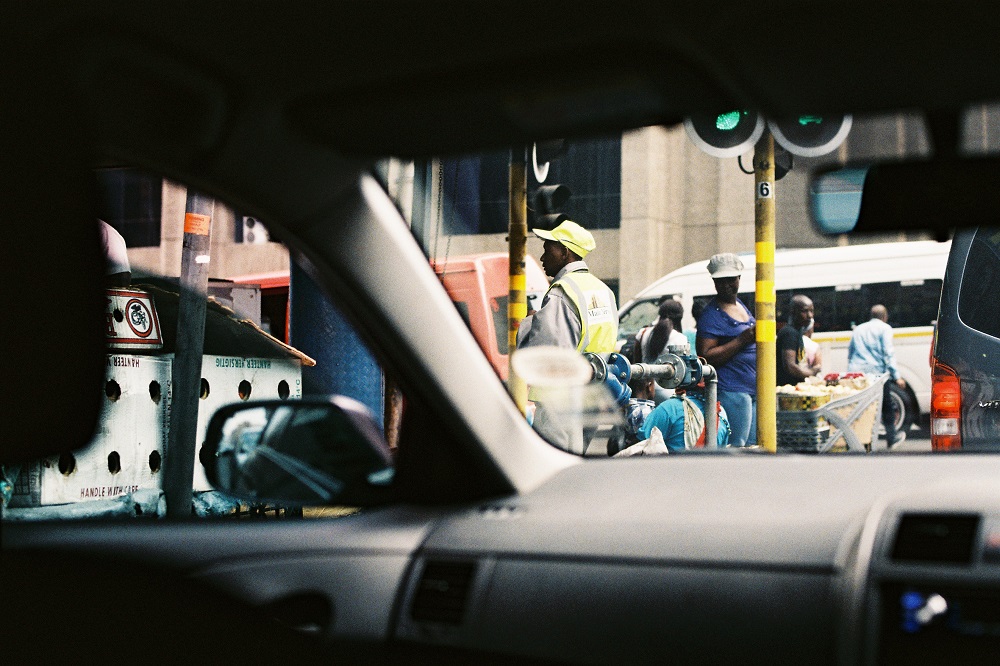When I arrive in Johannesburg on the 7th of October for the Mail and Guardian Literature Festival, it is my third visit in two months and each time it feels like the city is courting me. In 2012, when I was at film school here, the city and I were in the middle of a terrible separation. The city had heightened my claustrophobia levels and the city had had enough of my incessant complaining. Things are different now. It is not so much that the city and I have vastly changed though there are some minor changes but largely we have accepted each other for what we are. I now appreciate the city for its eclecticism and the city appreciates my need for solitude.
“It is going to be a slow painful drive” the Taxify driver tells me upon entering the car, a silver greyish Toyota Etios, which arrived at the OR Tambo Airport long after the estimated time arrival, and as demanded by the etiquette we have learned from app based on demand transport services, when he arrived, I was already annoyed.
“Is it?” I half ask, looking out the window at the billboards at the OR Tambo Airport.
“Yeah, he replies, there is an accident on R24”
We get stuck behind a truck that is carrying a huge engine. The driver and I begin to play a game of guessing what the engine is for. The conversations arrives at how because of the advancement of technology engineering is far easier.
“They do not have to look for problems in a car anymore. The car tells the engineer where it hurts” he says.
After driving on the highway for about thirty minutes, a journey that had only been 5 minutes of actual driving and twenty five minutes of waiting, he tells me that if I approve he can take an alternative route. I had just landed in a humid Johannesburg from a cold Cape Town and my entire body temperature had been unsettled and because of the change in weather I suddenly felt hot and needed a shower. I tell him to do as he pleases, that the Mail and Guardian Literature Festival, which I was in town for, was only taking place tomorrow in any case.
And so he veered off the usual road, up a bridge, takes the first turn, cuts in front of a truck, gets to a robot, waits for two Pick n Pay workers holding hands, and then crosses to another road and in no time at all we enter Maboneng, where I was staying for that weekend of the 8 th and 9 th October.
I spent the night of the Friday, the 7th , in my room, which the gracious Milisuthando Bongela, the Mail and Guardian Friday magazine supplement editor, had organised for me via Airbnb. Standing on the balcony, I watch the sunset caught in between two buildings, silhouetting much of the building structures in the city whilst the hum of the city can be heard underneath that beauty. I think of both Ivan Vladislavic’s Portrait with keys and Phaswane Mpe’s Hillbrow and how the two texts engage with Johannesburg, departing from two different perspective but arriving at a complex but beautiful Johannesburg.
In the morning on Saturday I make my way to the SciBono Discovery Center with a friend of mine Tseliso Monaheng. The panel I was on was at 09:30 in the morning titled “Native life” a century after Sol Plaatje’s Native Life with Lwandile Fikeni, Percy Mabandu and Lindokuhle Nkosi and moderated by Milisuthando Bongela. Having read both Native Life and Mhudi by Sol Plaatje and found it to be as erudite literature and social commentary the panel had an appeal for me.
Lasting for close to two hours and appearing to have legs to run into a third hour and maybe a fourth before getting boring the discussion began with reflections on Sol Plaatje’s Native Life, and went on to touch on what it means to be a writer today, what it means to be a writer coming from a certain place, the politics of the language, can language alienate the very reader it is speaking to. There was not one agreement or disagreement, they were many, but one that stood out for me was that different writers are responding differently to essentially the same question. Pleasing was that were five young black writers engaging with literature, not so much as black writers, but as writers.
After the panel I went truant and went to find film stock for my camera, which I did find, for half the price I buy it for in Cape Town. When I return to the festival I sit in a panel with uMkhonto we Sizwe veterans and academics who have written books about the MK and the larger armed struggle aimed to free South Africa. Listening to the MK veterans speak about being in the struggle and realising that the trauma of it sits very much in their immediate memory refocuses one’s view of it.
On the Saturday night despite the rain I file out of my flat into the streets of Maboneng. In every corner in Maboneng is a security guard and I for the first time in a long time I feel safe in Jozi at night. Maboneng is a place constructed on other people’s trauma however. Poor people who have occupied derelict buildings are kicked out into the streets and the buildings turned into apartments. One’s relief at feeling safe is a laugh at the face of the poor people who are now homeless. This is what Gentrification does, it makes us complicit in its evilness. To feel unthreatened is a feeling every human being enjoys but one must also be aware that this has come at a cost.
When I return to my room that night, a room booked via Airbnb, a room owned by a stranger, and now inhabited by another, two men who have never met, yet have been in close proximity, occupied the same space, have slept in the same bed, admired, perhaps, the same view. I think too of the other guests that have stayed in that room and wonder about what they were like, which parts of the flat they found intriguing, I wondered if they care about the sunset trapped between the two buildings.
On Sunday the Mail and Guardian Literature Festival comes to an end with the launch of the Sol Plaatje Poetry anthology launch. Having not been to a poetry session in a long while, the poetry performances lifted my spirit such that when I leave Johannesburg for Cape Town in the afternoon, I am in high spirits.
The way that the city of Johannesburg is positioned is that when one leaves it to make their way to the airport, it sits there, beside the highway, going pass the window, waving goodbye, exhibiting its beauty, and one cannot help but be tempted and quietly tell it that I will return.
Written by Caine Prize 2016 Winner Lidudumalingani Mqombothi. You can catch Lidudumalingani back in Johannesburg 06-10 December 2016 at the Abantu Book Festival in Soweto. For more details visit www.abantubookfestival.co.za





